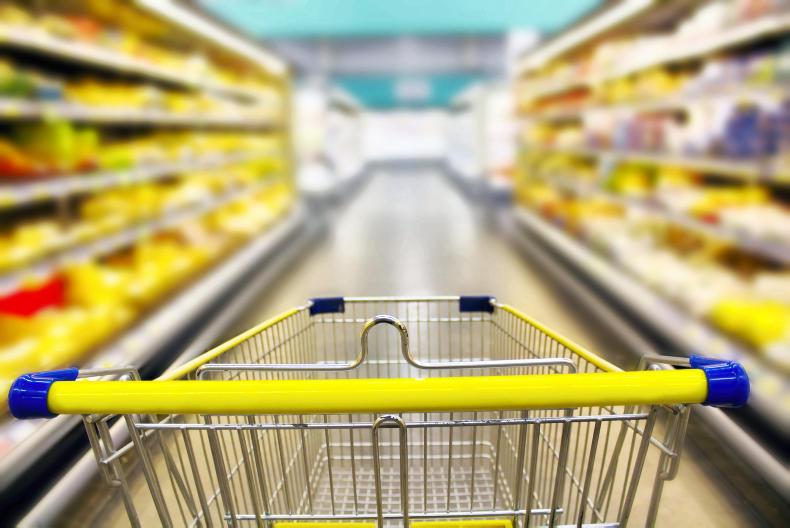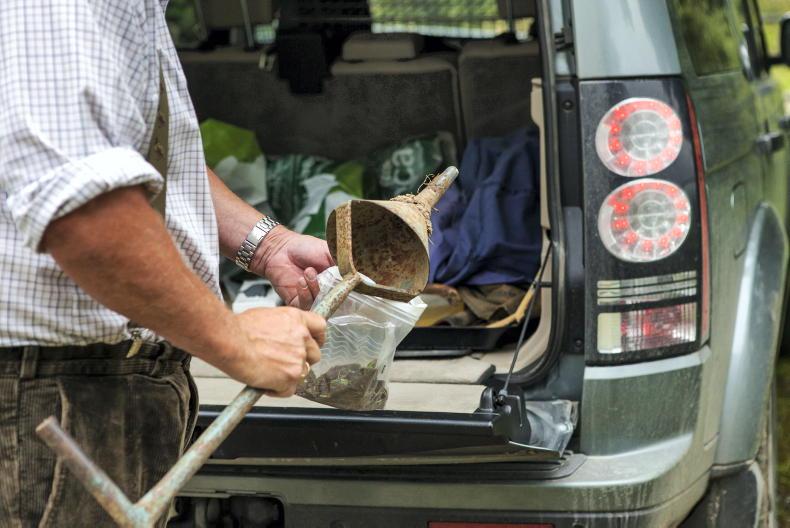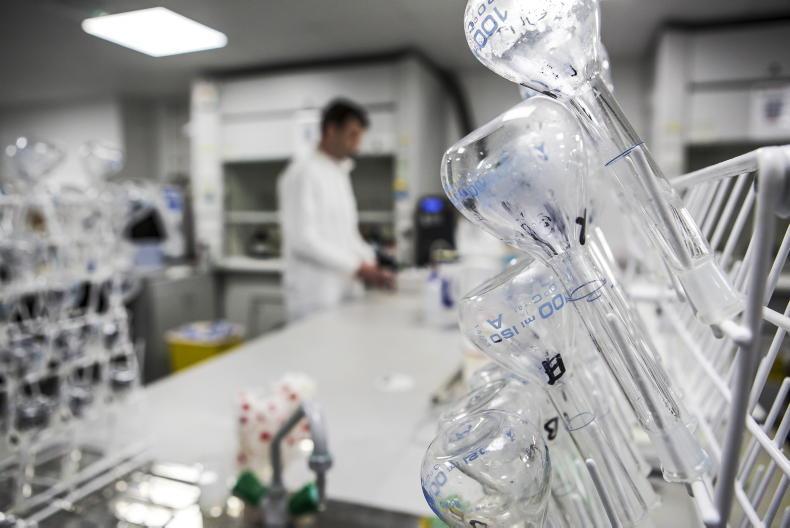We received some criticism last week from those advocating Brexit for not doing enough on the opportunities for agriculture outlined in the recent AFBI report on future possible post-Brexit trading arrangements.
The report looked at the effect of three possible trade scenarios post Brexit – a free trade agreement with the EU, trading under World Trade Organisation (WTO) rules, and finally what might happen if the UK opts for liberal trade deals, essentially applying zero tariffs (taxes) on imports.
The report clearly demonstrates the danger for the entire agri-food industry of government doing a comprehensive set of free trade deals around the globe post-Brexit, effectively exposing UK farmers to world prices.
All sectors would take a hit. Beef and sheep prices would be down by about 30 to 40%.
Some argue (including the report authors) that this scenario is not very likely. However, we have a British government that seems determined to get on with doing free trade deals post-Brexit.
Also, some right-wing commentators, politicians and economists are advocating that the UK should drop tariffs on imports post-Brexit and become a model for global free trade. They often fail to recognise that there are sensitive sectors that would be decimated by this approach. The AFBI report helps to highlight the risks for agri-food.
There aren’t too many commentators, politicians or economists advocating that we effectively pull up the drawbridge by moving to WTO rules post-Brexit and applying the same high tariffs on imports as the EU.
Yes, if we drop out of the EU and move to WTO rules it would mean that all EU imports into the UK would face a very significant tariff barrier. The effect would be to drive up UK prices for all sectors (except sheep). It sounds attractive, but at best, surely it would be a short-lived boost.
You only need to look at the increasing numbers of people using food banks across Britain to see why rising food prices as a result of Brexit is very politically unpalatable.









SHARING OPTIONS